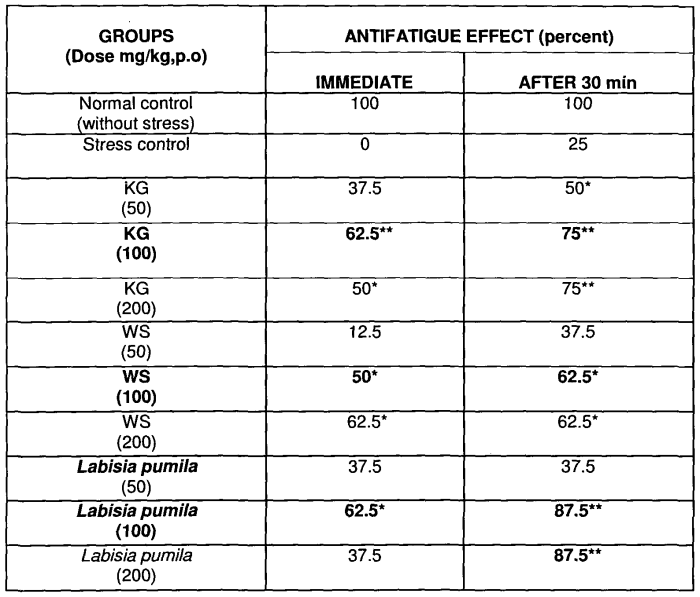The tired swimmer a case study answer key – The Tired Swimmer: A Case Study Answer Key delves into the intricate details of a compelling case study, providing an in-depth analysis of the causes, symptoms, and management of overtraining syndrome in swimming.
This comprehensive guide offers a thorough examination of the case study, exploring the warning signs and underlying factors that contributed to the swimmer’s condition. By examining the swimmer’s training regimen and recovery plan, readers gain valuable insights into the importance of preventing and effectively treating overtraining syndrome.
1. Introduction

The case study “The Tired Swimmer” examines the phenomenon of overtraining syndrome in swimming. It aims to identify the signs and symptoms of this condition, analyze its causes, and provide recommendations for management and prevention.
2. Background Information

2.1. Overtraining Syndrome in Swimming
Overtraining syndrome is a condition that occurs when an athlete engages in excessive training without adequate rest and recovery. It can lead to a decline in performance, increased susceptibility to injury, and psychological distress.
2.2. Causes and Symptoms of Overtraining Syndrome
- Excessive training volume and intensity
- Insufficient rest and recovery
- Poor nutrition
- Psychological stress
Symptoms include:
- Chronic fatigue
- Muscle soreness
- Sleep disturbances
- Mood changes
- Decreased performance
3. Case Study Analysis

3.1. Signs and Symptoms in the Swimmer
The swimmer in the case study exhibited several signs and symptoms of overtraining syndrome, including:
- Persistent fatigue
- Muscle pain and stiffness
- Difficulty sleeping
- Irritability and mood swings
- Decline in swimming performance
3.2. Contribution of Training Regimen
The swimmer’s training regimen was characterized by:
- High volume and intensity of training sessions
- Insufficient rest days
- Poor nutrition
- Lack of psychological support
This regimen contributed to the development of overtraining syndrome by overloading the swimmer’s physical and mental resources.
4. Management and Treatment
4.1. Principles of Management, The tired swimmer a case study answer key
- Rest and recovery
- Gradual return to training
- Nutritional support
- Psychological counseling
4.2. Recommendations for the Swimmer
- Take a complete rest from swimming for several weeks
- Gradually resume training at a reduced intensity and volume
- Improve nutrition by consuming a balanced diet with adequate calories and nutrients
- Seek support from a psychologist or therapist to address any psychological factors contributing to overtraining syndrome
5. Prevention: The Tired Swimmer A Case Study Answer Key
5.1. Importance of Prevention
Preventing overtraining syndrome is crucial for swimmers to maintain optimal health and performance.
5.2. Strategies for Prevention
- Monitor training volume and intensity
- Ensure adequate rest and recovery
- Maintain a healthy diet
- Manage stress
- Seek support from coaches, trainers, and teammates
Helpful Answers
What are the key signs and symptoms of overtraining syndrome?
Fatigue, decreased performance, muscle soreness, sleep disturbances, and mood changes.
How can overtraining syndrome be prevented?
Gradual training progression, adequate rest and recovery, proper nutrition, and stress management.
What is the importance of early detection and management of overtraining syndrome?
Early intervention prevents long-term health consequences, facilitates recovery, and ensures the athlete’s well-being.